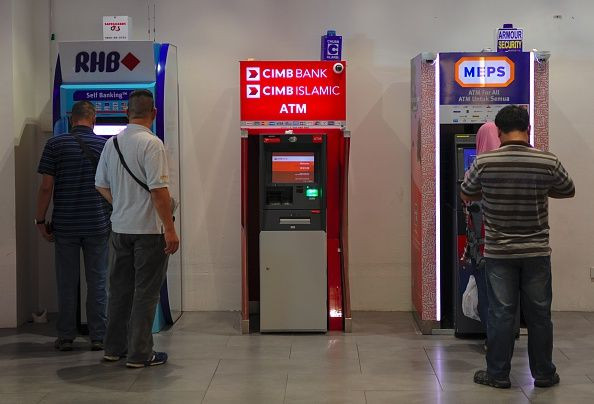ATM Withdrawal Fees Reach Record High, Personal Finance Study Says

Personal Finance website Bankrate.com said in a report published Wednesday that out-of-network ATM withdrawal fees have reached a record of $4.72, reflecting an average annual increase of 4.25% over the past 21 years.
These withdrawal fees consist of an ATM surcharge fee from the owner of the withdrawal machine along with a fee from the customer's own bank or credit union. Sarah Goetta, director of debit and alternative products of advisory service at the Mercator Advisory Group, suggested that owners and operators of ATMs which rely on money from surcharges may be seeing fewer customers.
Goetta said that on a "per-transaction basis, they may be raising fees to make up for the fact that fewer customers are actually paying a surcharge."
Individuals can dodge surcharge fees if they use ATMs that are in their network.
Cities with the highest ATM fees are Houston at $5.58 and Atlanta at $5.50, according to the survey. In some West Coast cities, the fees are much lower, with Seattle at $4.21 and Los Angeles at $4.15.
The report also said that banking overdraft fees have risen from an average of $21.57 in 1998 to $33.36 in 2019. Overdraft fees may be waived sometimes and customers might also be able to get a small line of credit at their bank if they overdraw an account.
It also is taking more money to open a checking account in the U.S., with customers needing a $162.94 deposit on average to open a non-interest checking account and $574.57 to open an interest-bearing account.
Banks might increase fees as the Federal Reserve has reduced interest rates in order to stimulate the economy. Lower interest rates mean that it likely will cost customers less to take out loans but banks will make a smaller profit.
As of August 2019, the top five largest American banks include JPMorgan Chase, Bank of America, Citigroup, Wells Fargo and Goldman Sachs.
© Copyright IBTimes 2025. All rights reserved.





















